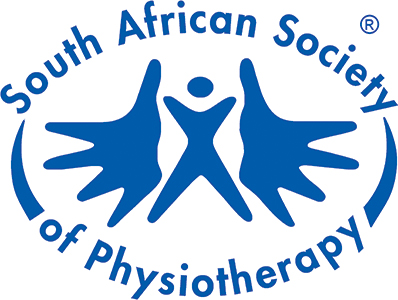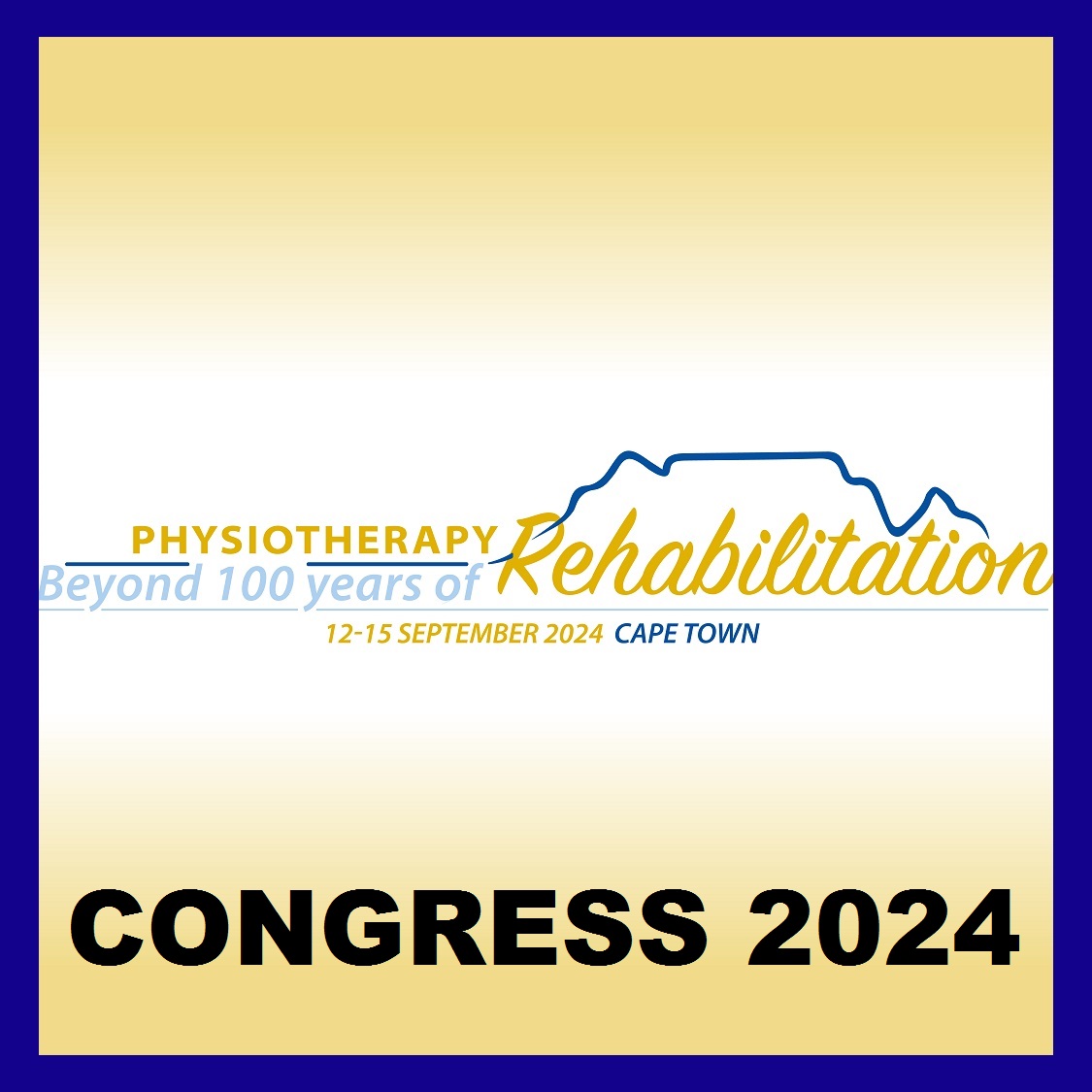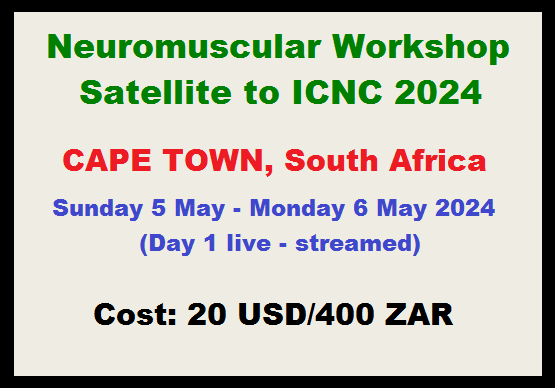Dear Stakeholder
This document serves to inform you of the current position of the SASP within the physiotherapy community and the health environment.
The SASP is a voluntary professional membership organisation committed to equal opportunities and inclusivity, and striving to support the demographic profile of registered physiotherapists, students, assistants and technicians of South Africa, in terms of race and gender.
The Society is one of the founder members of the World Confederation for Physical Therapy (WCPT) and the only member organisation (MO) recognised to represent the physiotherapy community on behalf of South Africa at international meetings.
It recently came to our attention that another professional physiotherapy organisation claims to negotiate and discuss issues on behalf of the physiotherapy profession, which might cause confusion. This document thus serves to clarify the position of the SASP, the representative body of the majority of physiotherapists in SA, and to confirm that the Society will continue to act in the best interest of our members and the profession.
OUR VISION
The SASP is committed to being a dynamic, professional and innovative organisation, effectively representing its members and playing a pro-active role furthering and guarding the integrity and unique nature of the Physiotherapy profession, while supporting the formulation and implementation of health care policy in South Africa to ensure access to physiotherapy services for all.
OUR OBJECTIVES
- to promote on a national basis, the common interests of physiotherapists and the welfare of the profession;
- to endeavour to reconcile, where there may be conflict, the interests of the profession and the public;
- to regard at all times the broader interest of the public whom the profession serves;
- to safeguard and maintain the independence, objectivity and integrity of the profession;
- to maintain and enhance the professional standards, prestige and standing of the profession and of its members both nationally and internationally, which standards shall be reviewed from time to time to take into account the objectives of the Society;
- to uphold and encourage the practice of physiotherapy;
- to promote and facilitate access to the profession;
- to promote the training and continuing education of physiotherapists in science of physiotherapy and in any related science or practice;
- to initiate, consider, promote, support, oppose or endeavour to modify legislation, whether existing or proposed, insofar as it relates to the profession;
- to represent the views of the profession on a national basis;
- to take up membership of physiotherapists registered with the HPCSA;
- to co-operate with any national or international organisation or body of a similar nature with similar objectives to the SASP
Our service offering are in several domains:
1. The Public Sector domain:
- Occupation Specific Dispensation (OSD) salary discussions since 2003
- Staffing norms
- Inputs in the WISN projects
- National Disability and Rehabilitation Task team on the “Framework for disability and rehabilitation for the NHI”
- National Health Insurance comments on the Green Paper and other pilot projects
- Office of Healthcare Standards Compliance
- Certificate of Need discussions
- Community Service Physiotherapy services
2. The Private Sector domain:
- Coding structure changes
- Benefit structure discussions
- Fraud management
- Peer Review support
- Practice Management Accreditation
- Competitions Commissioner Inquiry in Private healthcare
3. Other professional issues:
- Clinical guideline development and contextualising for South Africa
- Physiotherapy curriculum update and development
- Prescription of medicine by physiotherapists
- First Line practitioner status
- Protection of Title of “Physiotherapy” and “Physical therapy”
- Protection of the scope of physiotherapy
- Ethical rules and interpretations by the HPCSA
As the representative body of the physiotherapy profession, the SASP originally developed the physiotherapy coding structure based on scientific evidence of interventions, taking costing of equipment, skills needed by the physiotherapists and time spend on the patient into account. The coding structure therefore remains the intellectual property of the profession. Subsequent to this the SASP continually proposes new codes, changes to descriptors and Relative Value Units (RVUs) to the entity responsible for this development at the time, such as Council for Medical Schemes (CMS) or the National Department of Health (NDOH). The Physiotherapy, Podiatry and Biokinetics Board (PPB) at HPCSA used this SASP structure to base their Upper Ethical Tariff (UET) on.
Please do not hesitate to contact the President of the SASP at president@saphysio.co.za should you need any additional information.
Dr Ina Diener
PRESIDENT







